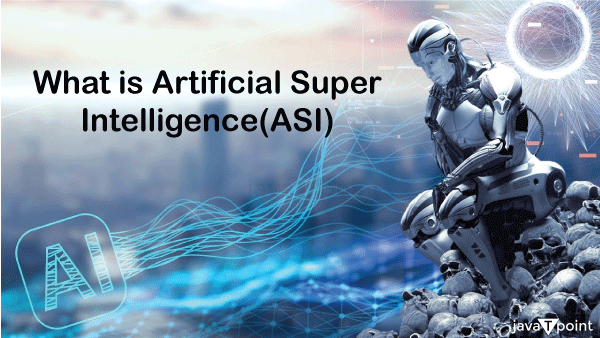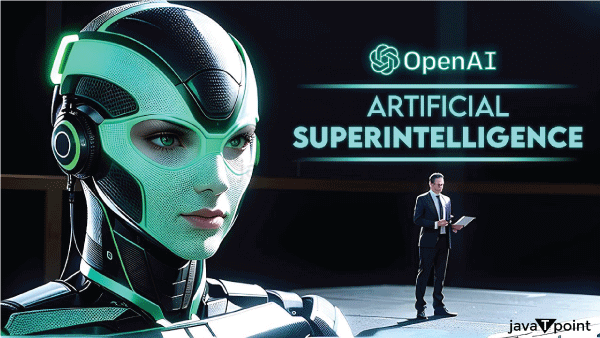Artificial Super Intelligence (ASI)Artificial Super Intelligence (ASI) is the hypothetical form of AI; that is, while we have not yet succeeded in achieving it, we are aware of the consequences if we succeed. Basically, ASI is the imagined AI that not only translates or comprehends human behavior and intellect, but also the point at which computers have the capability to outperform humans in terms of intelligence and behavior. Superintelligence enables robots to conceive of abstractions and interpretations that are just not conceivable for humans. This is due to the fact that the human brain's capacity for thought is limited to around a billion neurons. 
For a considerable amount of time, dystopian science fiction featuring machines that either conquer, subjugate, or enslave humans has been centered on superintelligence. Apart from mimicking the complex behavioral intelligence of humans, artificial superintelligence is conceptualized from the standpoint of not only comprehending and interpreting human emotions and experiences, but also evoking its own emotional understanding, beliefs, and desires based on its comprehension functionality. ASI would be incredibly superior to humans in all areas of study, including mathematics, physics, the arts, sports, medical, marketing, hobbies, and interpersonal relationships. ASI would be able to process and analyze circumstances, data, and stimulus acts more quickly and with a larger memory. This means that, in comparison to human decision-making and problem-solving skills, super-intelligent entities and/or robots would possess significantly greater and accurate capacities. Although the idea of having such formidable devices at our disposal may sound alluring, there are still a lot of unanswered questions. It is all myth or conjecture as to what effect it will have on us, our survival, or even our existence. 
Scientists and engineers are still working towards the goal of complete artificial intelligence, which would allow computers to think and act like human beings. Even with some unexpected advancements like Siri and IBM's Watson supercomputer, computers have not yet been able to completely replicate and attain the breadth and variety of cognitive skills that an average adult human can do with ease. Nevertheless, several ideas indicate that artificial superintelligence will emerge sooner rather than later, even in spite of the accomplishments. Experts predict that given the current pace of advancements, artificial super intelligence may materialize in the twenty-first century and complete artificial intelligence may appear in a few years. Nick Bostrom explains the initials with "The Unfinished Fable of Sparrows" in his book Superintelligence. Basically, the notion was that some sparrows want to have an owl as a pet. Everyone thought the plan was fantastic, except for one sceptic sparrow who voiced her doubts about their ability to manage an owl. In a "we'll deal with that problem when it's a problem" manner, this worry was temporarily dropped. Elon Musk believes that humans are the owl in Bostrom's metaphor and that ASIs of the future are sparrows, sharing similar fears about super-intelligent creatures. Similar to the sparrow situation, the "control problem" is worrisome as we may only have a single opportunity to address it should an issue emerge. Is it risky generating artificial superintelligence?The risk lies in the willingness to do "whatever it takes" to finish a mission. Superintelligent AI would work tirelessly to accomplish any task at hand, but we would still need to make sure that the objective is completed in a way that complies with all the regulations in order to keep some degree of control. The following risks are linked to the development of ASI, according to scientists:
Next TopicAI hallucination
|
 For Videos Join Our Youtube Channel: Join Now
For Videos Join Our Youtube Channel: Join Now
Feedback
- Send your Feedback to [email protected]
Help Others, Please Share









